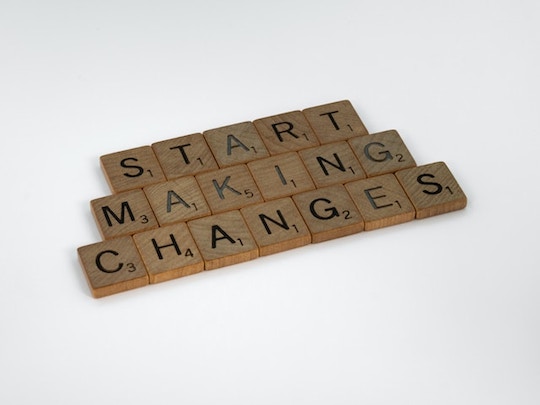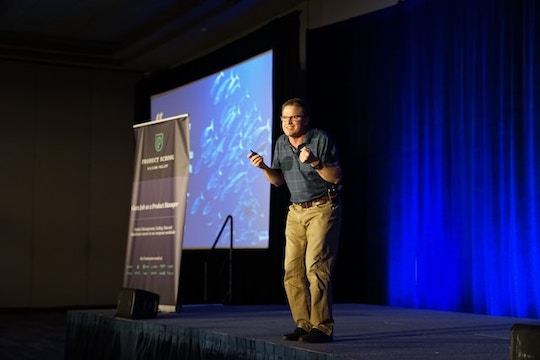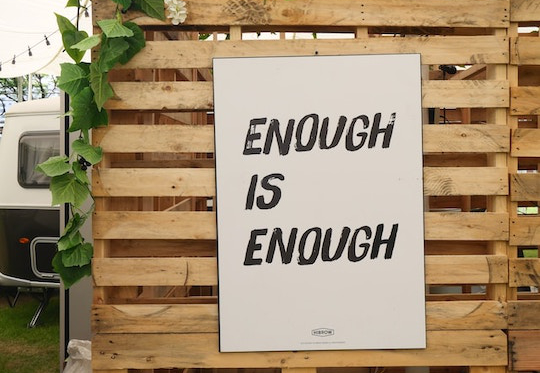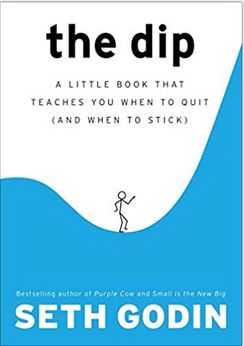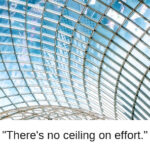“How wonderful it is that nobody need wait a single moment before starting to improve the world.”
—Anne Frank, celebrated diarist
Today’s quote is one of my favorites.
It is all too easy these days to be discouraged by the troubling issues facing the world, given our instant access to current events. If it bleeds it leads has never been more prominent in our society.
There is, however, an abundance of good news out there if we look for it — or better yet, if we create it.
Although we can be overwhelmed and daunted by many challenges, we can also channel our inner Anne Frank as we rise each day to improve our part of this precious world.
Changing up your news feed habits may also be worth a go!
EXERCISE:
Where are you waiting and holding back on your best efforts to improve the world?
What are some steps you can and will take now and throughout 2024 to make your life and that of others more wonderful?

